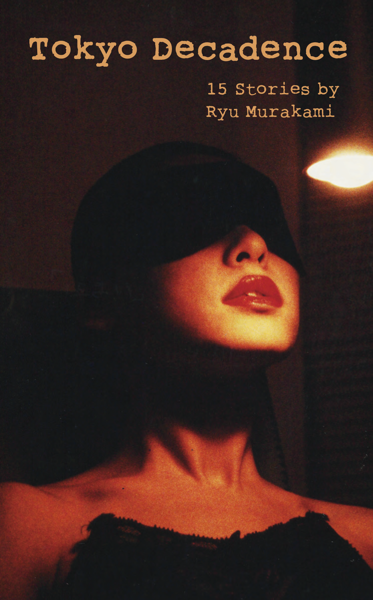Author: Ryu Murakami Translator: Ralph McCarthy U.S. publisher: Kurodahan Press ISBN: 9784902075786 Released: March 2016 Original release: 1986-2003 Ryu Murakami is a fairly prolific and …
Popular Hits of the Showa Era
Author: Ryu Murakami Translator: Ralph McCarthy U.S. publisher: W. W. Norton & Company ISBN: 9780393338423 Released: January 2011 Original release: 1994 Popular Hits of the Showa Era is …
Audition
Author: Ryu Murakami Translator: Ralph McCarthy U.S. publisher: W. W. Norton & Company ISBN: 9780393338416 Released: June 2010 Imagine my delight and surprise that, when after more than a …
